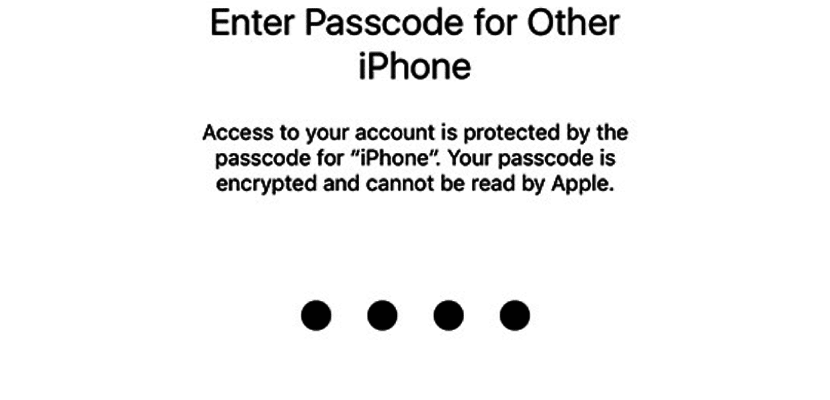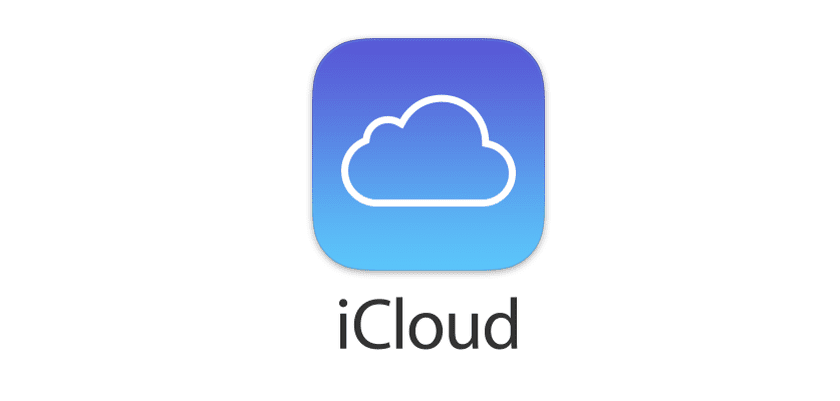
The FBI and Apple have been making too much talk in recent days. Currently the copies that we can make of our terminal in iCloud are not password protected, but that will change. Apple instead of trying to facilitate the work of the FBI is doing the opposite to try to make all its services inaccessible from the outside and that absolutely no one, not even Apple can access the copies that any user makes of their devices in the cloud. This new protection will arrive with the release of the final version of iOS 9.3, which in all probability will be released later today or tomorrow, once the new iPhone SE and iPad Pro Mini are introduced.
As usual, Reddit has been the one who has provided us with the information. A developer has checked like turning on two-step authentication also encrypts iCloud backups with the same access code that the device has. On some occasions Apple has enabled functions that later have not arrived in their final version, but this new option has all the earmarks that it will be available, something that will not please the American government or the agencies in charge of national security. .
In this way, every time we want to restore a backup that we have stored in iCloud, iOS will ask us for the password used to perform the restoration. If we don't remember we can now forget about it, since not even Apple itself can have access to the data stored in it. In this way we see how Apple continues to give greater importance to security within the services it offers together with its terminals.
